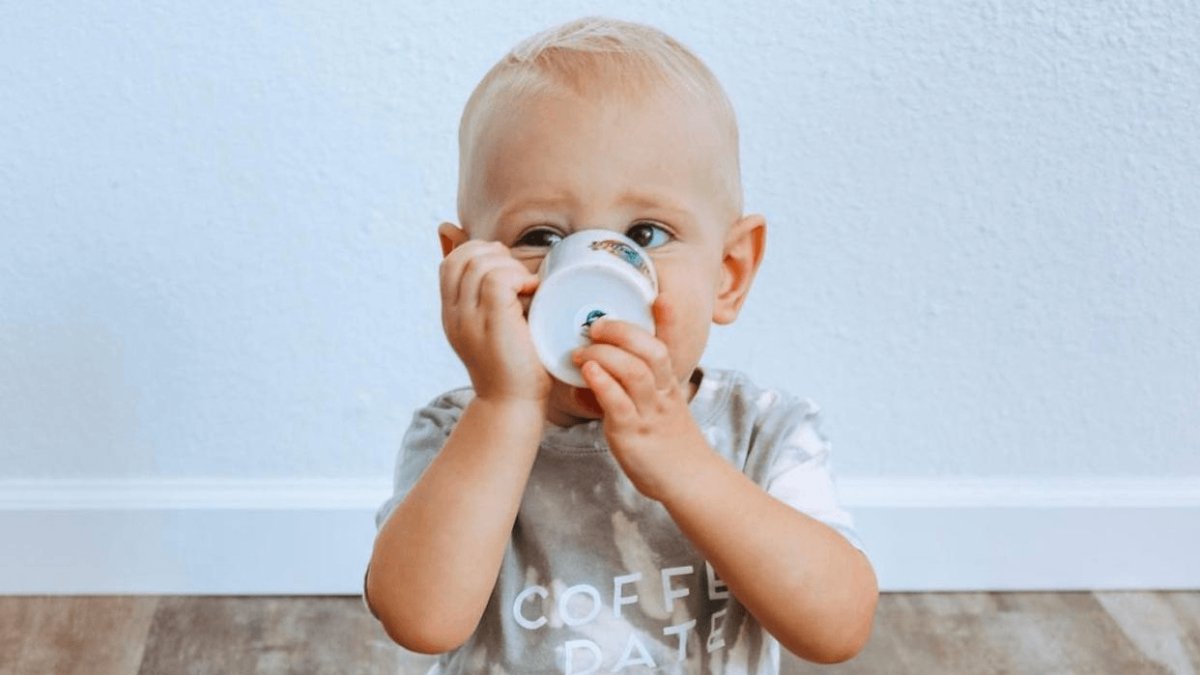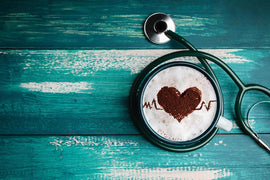Exploring the various cultural implications of coffee in childhood – and dispelling the myths.

Question: How do you react about a children drinking coffee?
Interestingly enough, the answer to this question depends almost entirely on where you were raised. In the United States, a child drinking a cup of coffee would be cause for alarm and looks of disgust at the parent who allowed them the caffeinated beverage. However, parents who were raised in African, European, or Asian countries would hardly bat an eye – why?

Unlike in the United States, other countries and cultures have incorporated coffee drinking into their children’s lives from a young age, and while that information might be shocking, according to the American Academy of Pediatrics, children over the age of five are safe to drink coffee. As a cultural expression and community tradition, children in many countries are given coffee in elementary school – often with milk in order to reduce the sharpness and hide the bitterness. Sugar can also be included, though some children might choose to forego both and move directly to pour-over coffee. Despite the myths and the warnings often handed by well-meaning parents throughout the United States, coffee drinking in children, much like everything else in this world, is perfectly safe for children in moderation.
It will not keep them up all night, it will not stunt their growth, and it will not give them hyperactivity conditions or anxiety. The studies have actually shown that including coffee into the diet of a child at a young age has been directly linked to several health benefits – including drastically reduced risk of diabetes, heart disease, and depression.
So, when you see a child sipping a latte in a café alongside their parent, take a deep breath and rest assured it is both safe and delicious.




